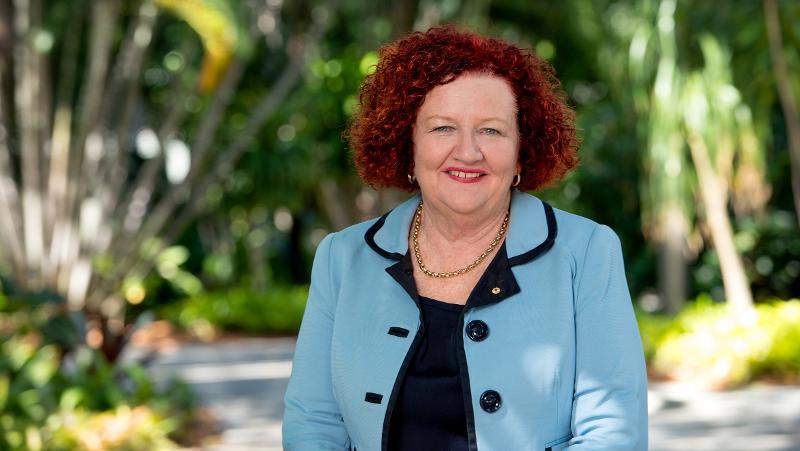
Research benefits often unforeseeable but must be communicated – reprinted with permission from Times Higher Education.
Research investment in Europe and Asia will spawn extraordinary technological advances this century, but academics need to get better at selling the benefits of this to the public, a conference has heard.
Times Higher Education’s Research Excellence Summit: Asia-Pacific was told that Eurasia was bookended by the European Union’s research funding frameworks on one side and unprecedented investment from China on the other.
“The Chinese central government, provincial governments, [and] even city governments are allocating a very high percentage of public funds to encourage university research and technological innovation,” said Hongxia Liu, director of international organisations at Shanghai.
Emma Johnston, dean of science at the , which is hosting the event, described the Eurasia region as being “very promising for universities to take research to new levels”.
“Our children will expect to live until the end of this century,” Professor Johnston said. “The global challenges and the anxiety around new technologies in particular are very high. The decisions we make now will go on for decades and decades.”
Universities have been caught up in an anti-elite agenda and must make stronger links between their research and the quality of education they provide says speaking from
— TimesHigherEducation (@timeshighered)
Mark Searle, provost of , said that universities needed to be more proactive in demonstrating how they were advancing the public good.
“We’ll go to local government and say, ‘how can we help you solve the most important problem you’ve got?’ By engaging that way you develop a different relationship, and they start to see the contribution you bring for the public good,” he said.
Xiang Zhang, president of the , said that governments invariably wanted to see immediate returns from their research investments. He said that, while the returns often took 15 to 20 years to materialise, that was not such a long time to wait.
Professor Zhang said that authorities had struggled to see the application of a “small field” that he developed about 15 years ago with some colleagues from the US and UK. It had now yielded a coating material that could cool rooms substantially without the need for electricity.
A separate group had used the field’s discoveries to accelerate photosynthesis, boosting agricultural production by 15 per cent.
“Research propagates throughout the world,” he said. “Communication with the government and public is essential to keep our momentum in driving true innovation.”
Margaret Sheil, vice-chancellor of , said that people tended to “overestimate” the harmful impacts of new technologies, while underestimating the long-term benefits.
She cited the example of her great-grandfather, a Sydney dairy farmer who “would have thought his world was coming to an end” after the invention of refrigeration put him in direct competition with rural producers.
“We’ve seen massive advances in what technology and research has brought us,” Professor Sheil said. “I think that will continue.”
Read the original story on .








